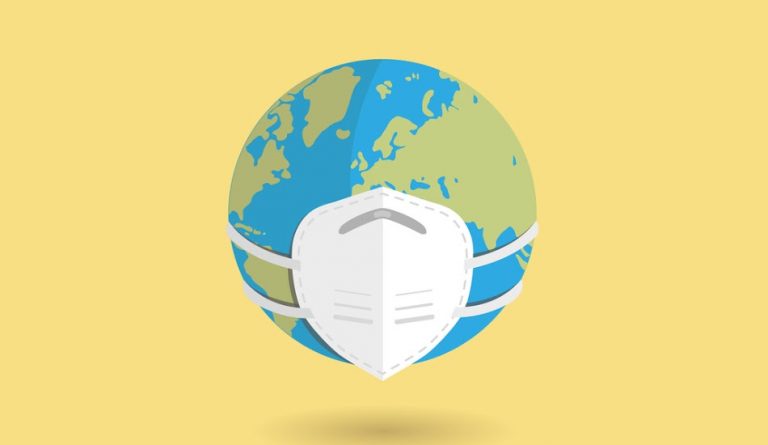The World Health Organization (WHO) recently issued a confusing statement: Although the COVID-19 outbreak has been devastating, it is “not necessarily the big one”; nations around the world should learn to live with it.
WHO emergencies chief Michael Ryan said that even if the CCP virus is highly transmissible, its fatality rate is very low when compared to other “emerging diseases.” He warned that the world should be ready to meet the challenge posed by even more severe pandemics in the future. Ryan did not elaborate on what he meant by other “emerging diseases.” As COVID-19 vaccines roll out in several countries with a high efficacy claim, Ryan added that there is no guarantee of eliminating the virus.
David Heymann, chair of the WHO’s strategic and technical advisory group for infectious hazards, said in the press briefing that the CCP Virus will become endemic.
“The world has hoped for herd immunity, that somehow transmission would be decreased if enough persons were immune… It appears the destiny of SARS-CoV-2 [COVID-19] is to become endemic, as have four other human coronaviruses, and that it will continue to mutate as it reproduces in human cells, especially in areas of more intense admission,” he said at the briefing. Heymann explained that if proper public health practices are followed, people can co-exist with COVID-19.

On social media, people wondered if WHO’s statements were a warning or even a threat when told to prepare for deadlier pandemics in the future. One Twitter user even asked whether it meant that Beijing had “something bigger planned.” WHO has been very lax at holding the communist Chinese government responsible for the spread of the CCP virus. Many people have consequently lost faith in the organization’s ability to be the vanguard of defense against infectious diseases. In November, WHO deferred an investigation into the origin of COVID-19 in order to maintain a favorable relationship with the Chinese Communist Party (CCP).
Success
You are now signed up for our newsletter
Success
Check your email to complete sign up
The CCP is meanwhile spreading propaganda that the West is blocking them from “saving the world” from the pandemic by criticizing Chinese vaccines. In an article titled “Hard to Beat COVID-19 Without China’s Vaccine” published in the state-run Global Times, it argued that Western powers dismiss the advantages of Chinese vaccines.
SinoVac’s vaccine is to be promoted globally
“Therefore, its international reputation is crucial. US and Western media outlets obviously hold an unfriendly stance and attitude toward Chinese vaccines. They question them rather than clarifying their strong points amid the current urgent pandemic situation. Fortunately, there have been no cases of severe accidents in the clinical trials of Chinese vaccines, despite challenges of trials in foreign countries amid the pandemic,” the article stated.
However, the reason why Western nations are looking critically at China’s vaccines is their lack of data regarding efficacy. It was recently reported that 16 Chinese employees working in Angola were infected by COVID-19 even though they had all been vaccinated with China’s SinoPharm. Additionally, almost 300 Chinese workers in Serbia were diagnosed with COVID-19 after having been vaccinated with SinoPharm prior to their departure from China.
Dr. Sean Lin, a former U.S. Army microbiologist, said that all Chinese vaccines being released are still in clinical trials and are inactivated vaccines. Using these vaccines is a big risk. In contrast, the vaccines developed by Pfizer and Moderna, both of which have been approved for use in the United States, use “mRNA vaccine technology.” When compared to the inactivated vaccines, the mRNA vaccines take longer to develop and to pass clinical trials. They are far safer than inactivated vaccines since no complete active virus is ever injected into the human body. Inactivated vaccines can come with the risk of triggering harmful immunopathology or amplifying the infection.
Follow us on Twitter or subscribe to our email list
















